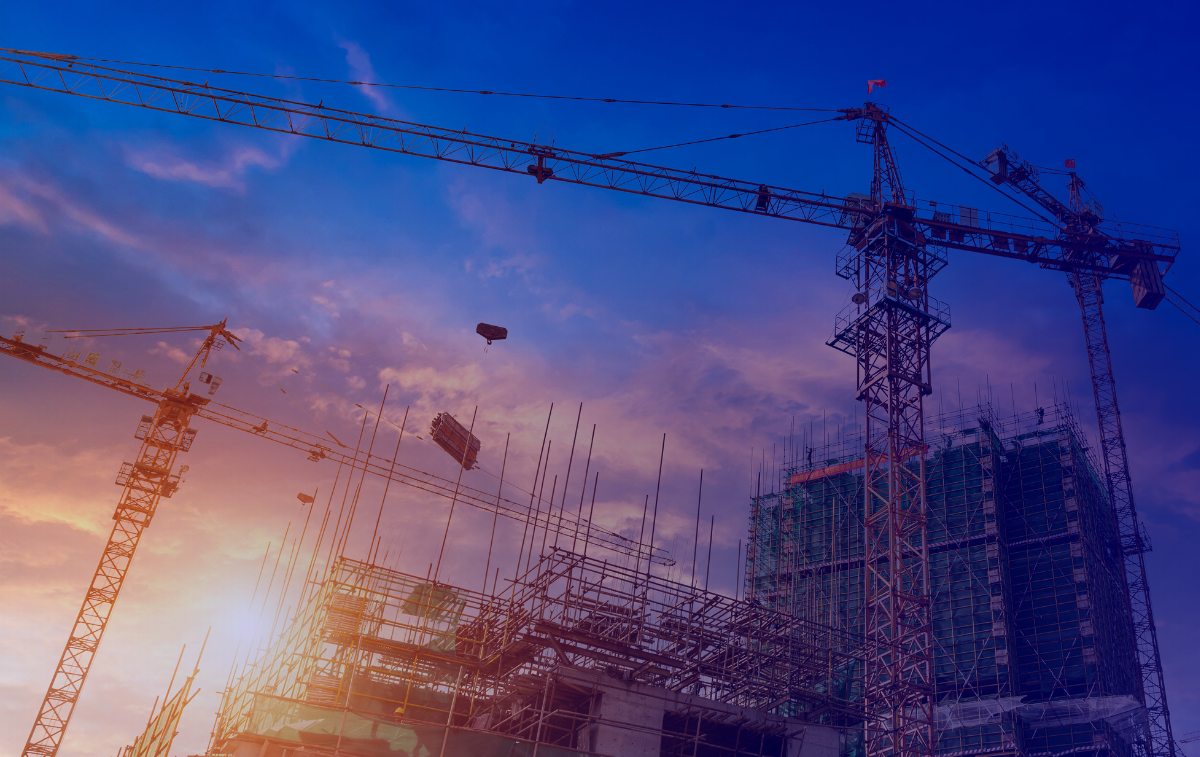JACKSONVILLE, FL – The construction sector and housing market are critical indicators of economic health and consumer confidence. This article explores the nuanced relationship between construction employment—a proxy for the sector’s vitality—and apartment prices, particularly through the lens of economic recessions. One might expect a natural correlation: high apartment prices encourage new projects and increase construction jobs, while low prices discourage new projects due to prohibitive development costs. This dynamic can lead to boom and bust cycles within multifamily real estate, resulting in periods of severe undersupply followed by oversupply. Many hot markets over the last decade are currently experiencing oversupply.
Our analysis uses quarterly data on the year-over-year (YoY) percentage change in construction employment and the Apartment Price Index, sourced directly from the Federal Reserve of St. Louis. By plotting these time series data and overlaying recession periods with vertical lines, we aimed to visually assess the relationship between construction employment, apartment prices, and economic recessions.
Construction Employment vs. Apartment Prices: A Time Series Analysis
The time series graph reveals a moderate correlation (approximately 0.61) between the YoY percentage changes in construction employment and apartment prices, suggesting that these variables tend to move in the same direction to some extent. This finding indicates a relationship where the health of the construction sector is mirrored by trends in the housing market, particularly in apartment pricing.
Examining Recessions
A closer look during recession periods—notably around 2001, 2008, and the brief downturn in 2020 due to COVID-19—reveals a fascinating divergence. During these times, construction employment often declines in response to reduced economic activity and investment. In contrast, apartment prices tend to be more resilient. For instance, the 2008 financial crisis led to widespread economic repercussions, including in the housing market, but the impact on apartment prices was not as directly correlated with the downturn in construction employment as expected.
In the current market cycle, apartment prices have plunged, but the construction sector remains relatively robust. This raises questions about the long-term impact of prolonged high-interest rates on construction employment. There are significantly fewer apartments planned for delivery after the current pipeline completes by late 2025 and early 2026, indicating a significant slowdown in construction. However, this slowdown may take time to affect construction jobs due to the ongoing strength in other construction sectors, such as industrial.
Diverging Paths During Recessions
This divergence can be attributed to several factors. The housing market, particularly apartment prices, is influenced by many factors beyond construction activity, including interest rates, consumer confidence, urbanization trends, and rental demand. During economic recessions, while new construction might slow down, demand for existing housing, especially rental apartments, can remain stable or even increase due to shifts in consumer behavior or housing affordability issues. Government policies and interventions, such as stimulus packages or changes in interest rates, can cushion the housing market from the full brunt of a recession. The 2020 recession is a stark example, where swift government intervention helped stabilize housing prices despite a downturn in construction employment.
Conclusion
While construction employment and apartment prices are interconnected, their relationship is complex, especially during economic recessions. Looking ahead, I anticipate these two lines will cross again in late 2025, as apartment prices rebound and the recent slowdown in construction results in fewer construction jobs and new deliveries. This suggests that now could be a good time to invest in multifamily real estate, provided you have a long-term horizon of at least five years.
For a more in-depth analysis and to explore the detailed data and methodology behind these findings, read the full article here.
About Nuvo Capital Partners
Nuvo Capital Partners is a niche market-focused multifamily private equity firm operating throughout the Southeastern United States. As a dedicated sponsor (General Partner), we specialize in institutional quality real estate investments within these regions. Our team, with a combined 25+ years of experience, has facilitated over $700M in transactions (10,000+ units). Delivering a transparent investment process, we provide our investors with access to high-quality real estate opportunities, while also ensuring integrity throughout. Our commitment extends to providing monthly, quarterly, and yearly in-depth reporting for our valued investors. To learn more, visit nuvocapitalpartners.com.
If you are interested in learning more about Nuvo Capital Partners and the investment opportunities we are currently exploring, please feel free to contact us here.


Leave A Comment